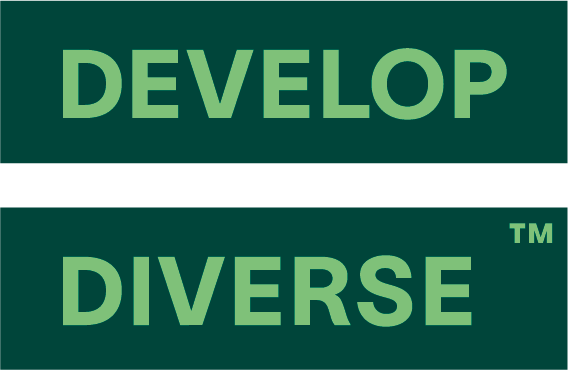Afab is an acronym that refers to the term “assigned female at birth.”
What does afab mean?
Afab is an acronym meaning ‘assigned female at birth’. It describes an individual’s biologically assigned gender identity, which does not necessarily coincide with their own experienced gender identity.
In this sense, afab refers to the sex of a person who is defined as female based on certain characteristics of their body at birth.
What is afab?
The term Afab focuses on the assignment of sex based on a newborn child’s genitalia. This is often determined by a medical professional at the moment of birth, when we are defined as biologically female or biologically male.
Afab individuals may be cisgender or transgender, according to their own gender identity. However, sometimes an individual’s identity does not match their assigned gender at birth. The term afab is thus used to describe a person born with female genitalia, but it does not necessarily mean that the person identifies as a woman or a girl.
Why is it important for language inclusivity?
When a baby is born with a vagina, that baby is considered to be female and it is typically how the baby will be perceived by society. It also categorizes the baby at birth, even though this gender label may not hold true later in life.
Terms like afab and amab (assigned male at birth) distinguish between a person’s biological, assigned sex, and their expressed gender identity, which does not always align with the sex that person was assigned at birth.
Terms that do not match a person’s true experienced identity can be hurtful and discriminating. Identifiers like transgender, queer, nonbinary and gender nonconforming contribute to convey gender identities that validate the fact that gender exists on a spectrum beyond the traditional binary of male and female.
Language is not fixed but can more accurately be described as an evolving and dynamic system that adapts to societal changes and cultural shifts. Some terms that used to be considered medically accurate and appropriate may now be considered offensive and biased.
Incorporating gender-inclusive language in the workplace
- Review and revise communication guidelines: Develop clear policies that encourage more inclusive language that acknowledges and respects individual gender identities without relying on assigned birth sex as the defining factor.
- Use inclusive pronouns and titles: Encourage the use of gender-neutral pronouns (they/them) and titles (Mx. instead of Mr. or Ms.) to accommodate individuals who identify as nonbinary or prefer gender-neutral terms.
- Provide Gender Sensitivity Training: Training sessions are a great tool for increasing awareness and understanding of diverse gender identities. Through these sessions, we can address stereotypes, biases, and proper use of terminology, including the term “afab.”
- Ask for Preferred Pronouns: When interacting with individuals in the workplace and beyond, it is respectful to ask for their preferred pronouns. Avoid assuming someone’s gender identity based on their appearance or assigned sex at birth, and understand that not everyone identifies with the term “afab.”
